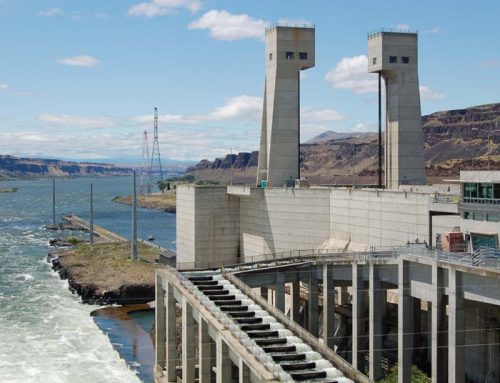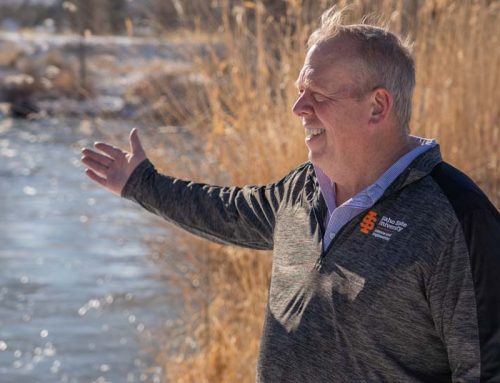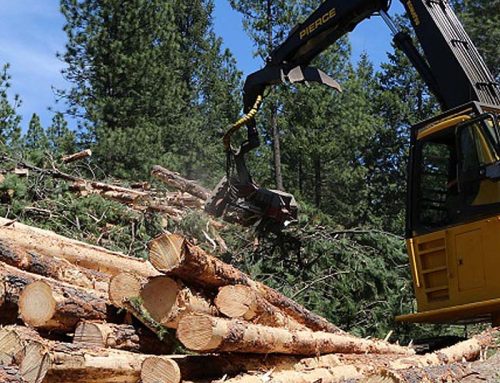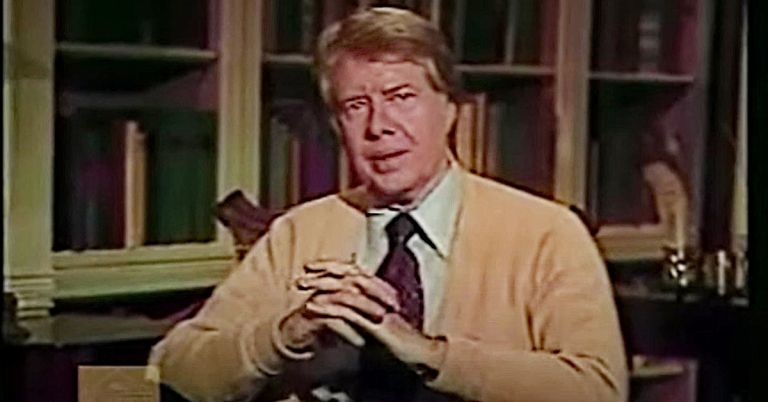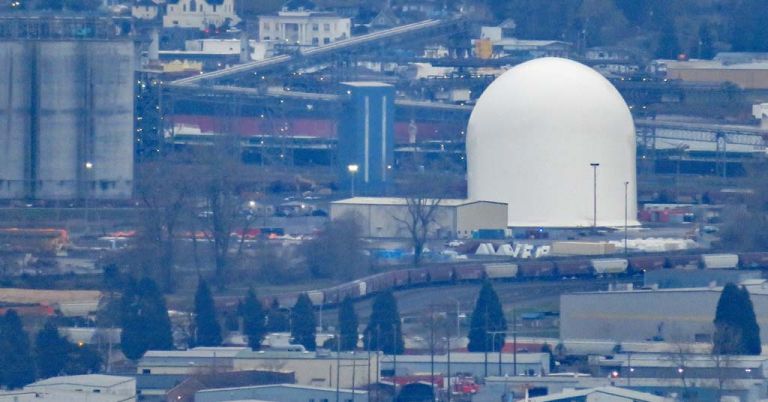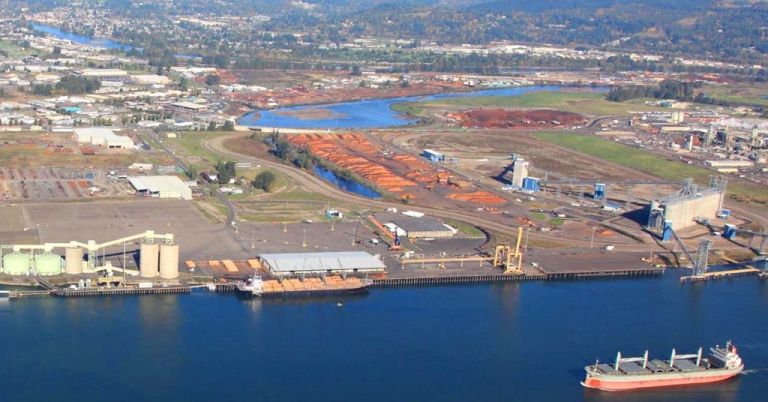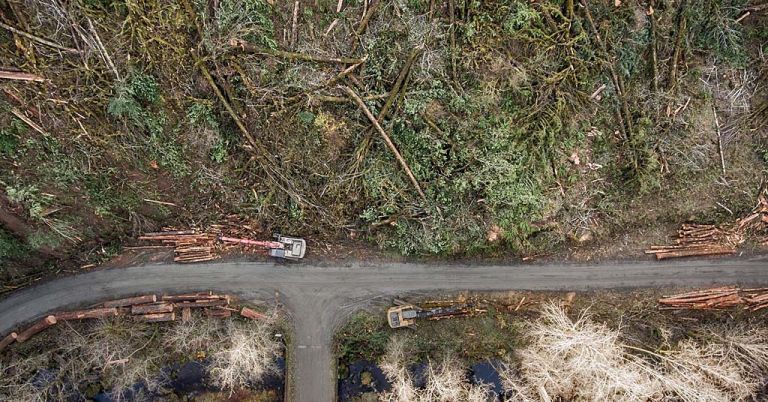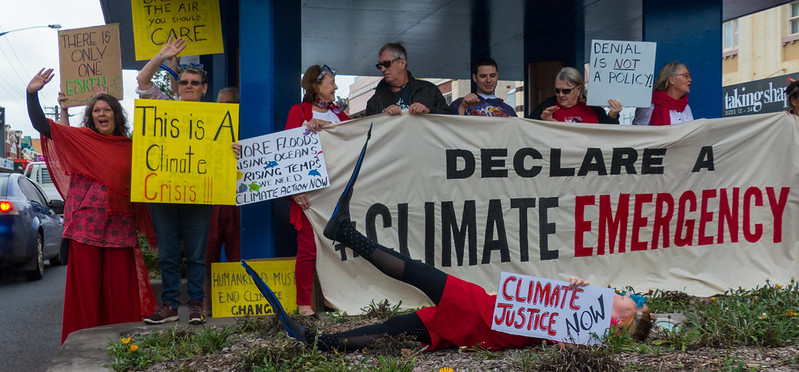
An increasing number of people around the world are calling attention to the climate crisis, including these demonstrators in Lismore, Australia. Photo by Andrya Hart
By Ben Mitchell. Dec. 12, 2019. The issue of anthropogenic climate change is often framed as a global one, and the most recent reports from international entities show the threat is growing ever more dire.
Just last month, the United Nations issued their latest Emissions Gap Report, which assesses the gulf between what countries have promised to do to combat climate change and what they have actually done. The U.N. referred to their findings as “bleak,” noting that countries have “collectively failed to stop the growth of global greenhouse gas emissions,” meaning more aggressive measures will be required in order to meet the goals outlined in the Paris Agreement — climate accords from which the United States is currently in the process of withdrawing.
While climate change is indeed a global problem, that hasn’t stopped local entities from making their own commitments to fighting it — Hood River included. During a November 12 meeting, the Hood River City Council unanimously passed a binding resolution declaring a climate crisis and pledging to take measures to reduce its impact.
The text of the two-page Resolution 2019-16 states that “the City of Hood River recognizes the global climate crisis,” and makes mention of the 1.5-degree Celsius threshold the Paris Agreement has set as a target for limiting global warming. It also commits the city to reducing its reliance on fossil fuels “in municipal operations,” setting a target of the year 2035 for reducing its “municipal net greenhouse gas emissions…with appropriate financial and regulatory assistance” from the county, state, and federal governments, and to initiate efforts to “formulate adaptation and resilience strategies in preparation for intensifying climate impacts.” Additionally, the resolution calls upon the state and federal governments to take significant steps to reduce their own climate footprints and to prepare for the impacts climate change will have on agriculture and the economy.
This isn’t the first time the Hood River City Council has passed a resolution related to climate change. In February 2018, the city passed Resolution 2018-02, which pledged a commitment to follow the Hood River County Energy Plan — a blueprint developed collaboratively by Hood River County municipal governments and designed to reduce greenhouse emissions, while also increasing economic benefits. The plan sets benchmarks, establishes a timeline for reducing fossil fuel use, and lays out strategies for replacing it with “clean, renewable energy.” The plan also calls for increased reliance on “local, diversified energy sources” as well as “investment in locally produced power.”
Hood River Mayor Kate McBride said both resolutions reflect the city’s goals.
“I do believe the city wants to make real progress to reduce the city’s carbon footprint, while making us more resilient and saving money in the long term,” McBride said in an email to Columbia Insight.
The resolution that passed last month is an adaptation of a draft put forth by the Hood River Valley High School Earth Action Club and the Columbia Gorge Climate Action Network — a local group of citizens who are concerned about climate change and other environmental issues, and who advocate for reducing and eliminating fossil fuel usage and other contributors to climate change. The group’s “co-convener” is Peter Cornelison, a former member of the Hood River City Council and the current field representative for Friends of the Columbia Gorge.
“I am very proud of our city council, who had the foresight to pass this resolution, making Hood River the first city in the Pacific Northwest to authorize climate emergency legislation,” Cornelison said in an email to Columbia Insight.
“Panic is not helpful, but sustained action is essential; this is a long-term emergency and we must stay the course…we need to, as a community and individuals, both mitigate and adapt to the changes that will be coming in future years,” he added.
CGCAN and HRVHSEAC first presented the resolution during a Sept. 23 city council meeting — a timely discussion as it came during Climate Action Week and the same day that Swedish teen and climate activist Greta Thunberg gave a blistering speech to the United Nations, accusing adult leaders the world over of failing her generation by giving little more than lip service to anthropogenic climate change.
The youth movement has been a huge component of climate activism and this was reflected during the Nov. 12 city council meeting, when HRVHSEAC member Lottie Bromham levied pointed criticism at the council over their modifications of the resolution put forth by CGCAN and HRVHSEAC — chiefly, the decision to move back from 2035 to 2050 the proposed target date for the city of Hood River to reach net zero municipal greenhouse gas emissions.
“By pushing this deadline back, you are casting the hopes of this town onto the youth and forcing us to clean up after your messes once you’re gone,” Bromham testified. “Because after all, many of you will be dead by 2050. And, I…I will be 48 years old and living on an Earth that may look vastly different than the one you have gotten to enjoy for all of your adult lives.”
After hearing testimony from Bromham and others, council agreed to revert to the original 2035 target date — a decision that Cornelison said proves “that at this time of crisis, youth voices have resonance and power.”
In addition to passing Resolution 2019-16, McBride said the city would soon be adding information to its website about current items the city is working on to address climate change and noted that the city had recently approved an array of solar panels for the wastewater treatment plant. The cover sheet of the resolution also notes that the city is currently in the process of hiring a “management analyst,” a position tasked with, among other things, conducting an inventory of the energy used by the city’s facilities in order to “bring project and policy options to reduce energy use to Council for consideration.”


